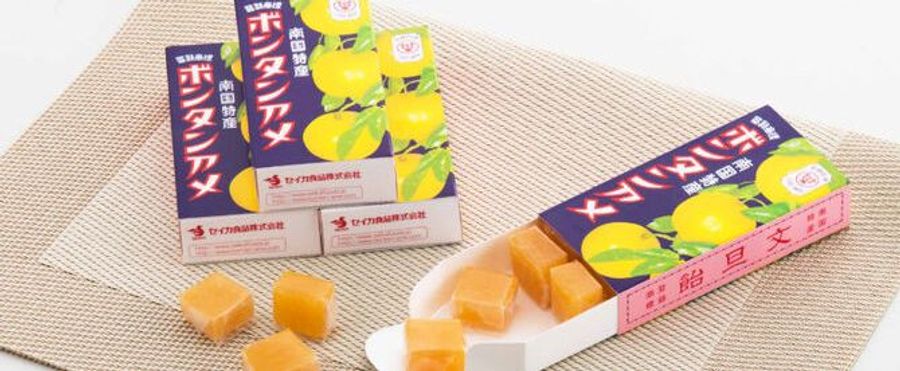A popular news topic in Japan is circulating around Pontan candies, alleged to suppress the urge to urinate. Various internet users claim eating the candy can help during long journeys or events where access to washrooms is limited. These rumors have sparked debate about the candy's properties, but scientific evidence behind this phenomenon remains lacking. Nonetheless, the discussion continues, with the candy gaining unexpected popularity nationally.
In Japanese society, efficient problem-solving is highly valued, particularly solutions involving traditional or commonplace items. Pontan candies, typically marketed to children, are recognized for their nostalgic effect on adults. The peculiar belief about its supposed properties could have stemmed from anecdotal experiences and escalated through social media platforms—while putting a spotlight on the candy's popularity and prompting scientific discussions all at once.
In countries like the US, there are also foods and supplements claimed to have specific health benefits, ranging from multivitamins to miracle weight-loss products. However, these assertions usually come under the scanner of regulatory bodies like the FDA. In the EU, health claims about food products have to be scientifically proven and approved by the European Food Safety Authority.

